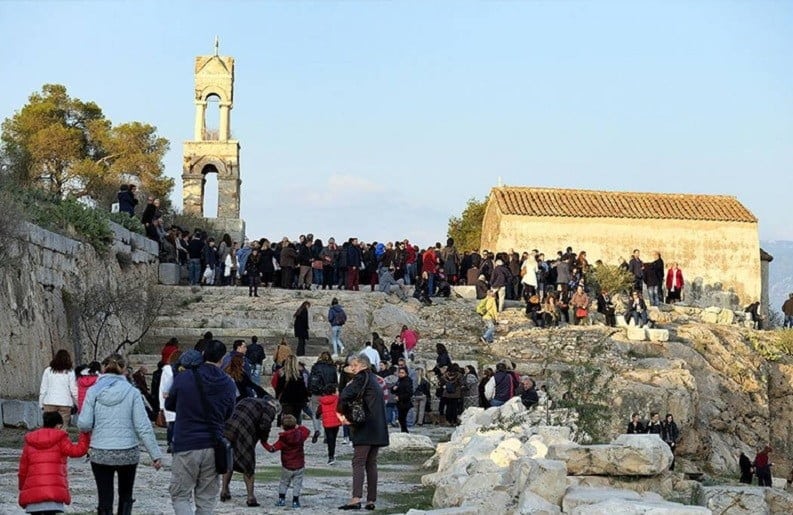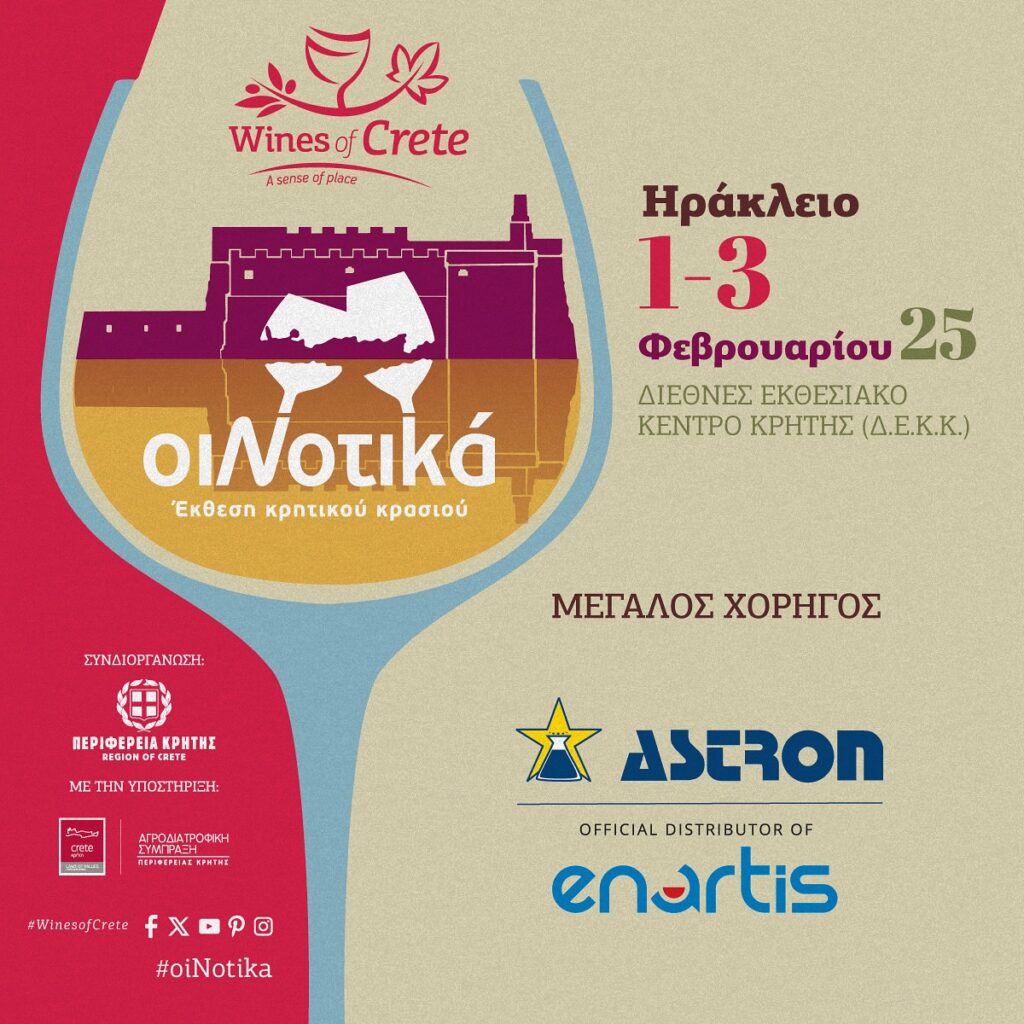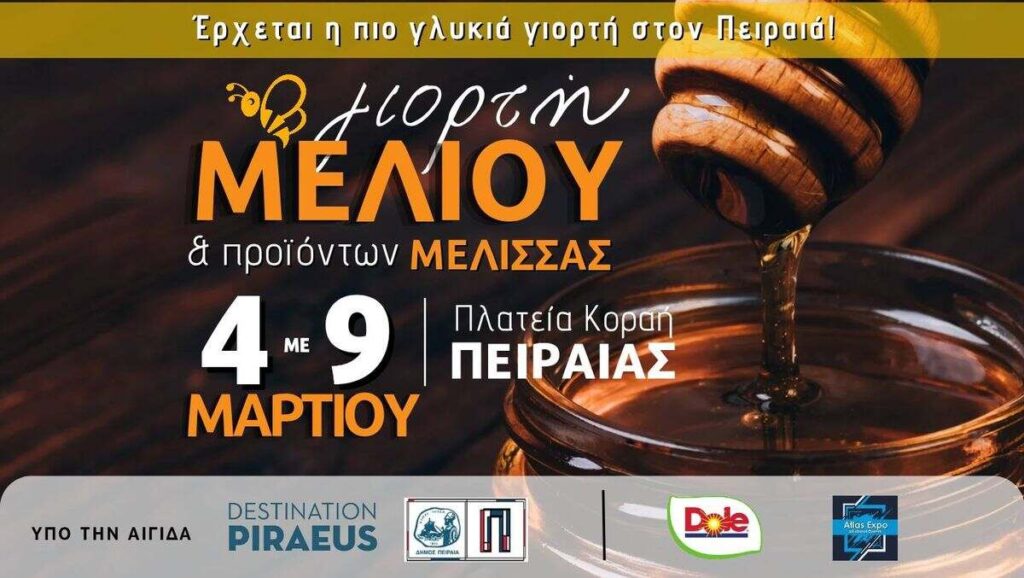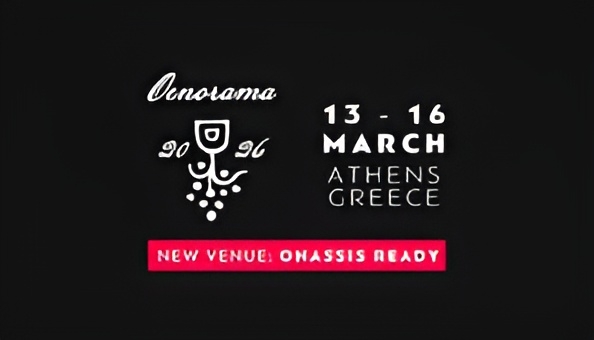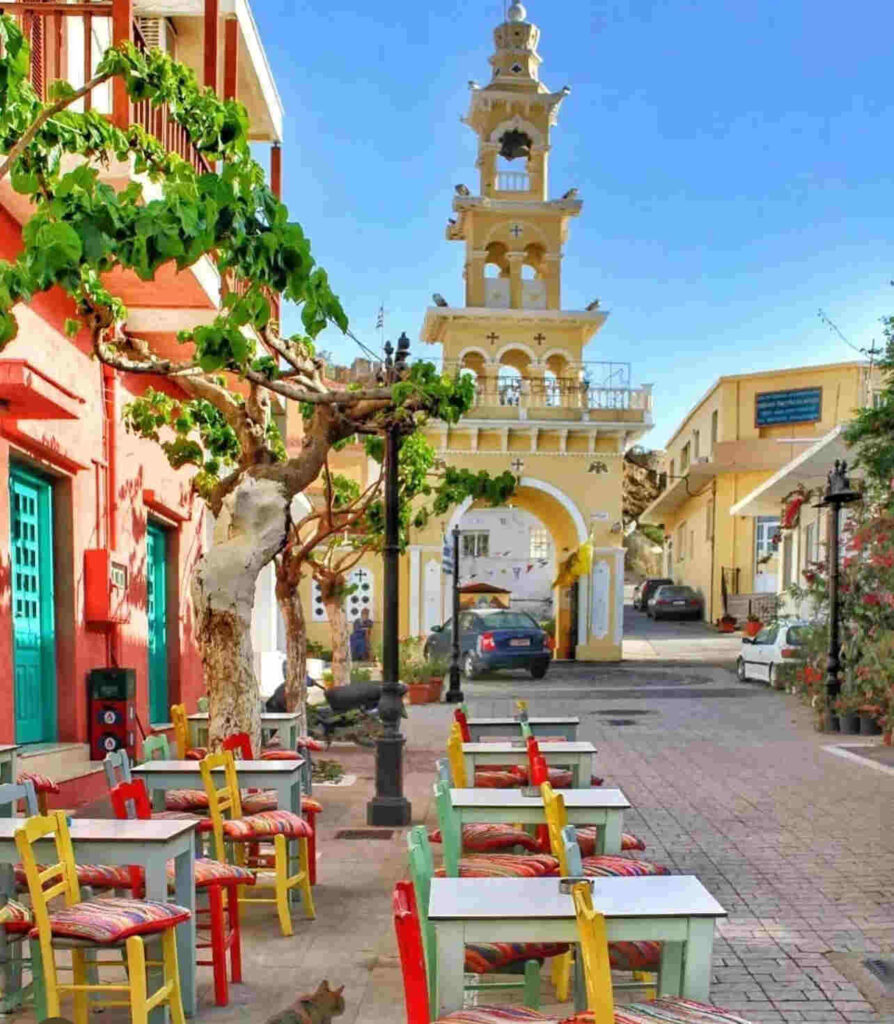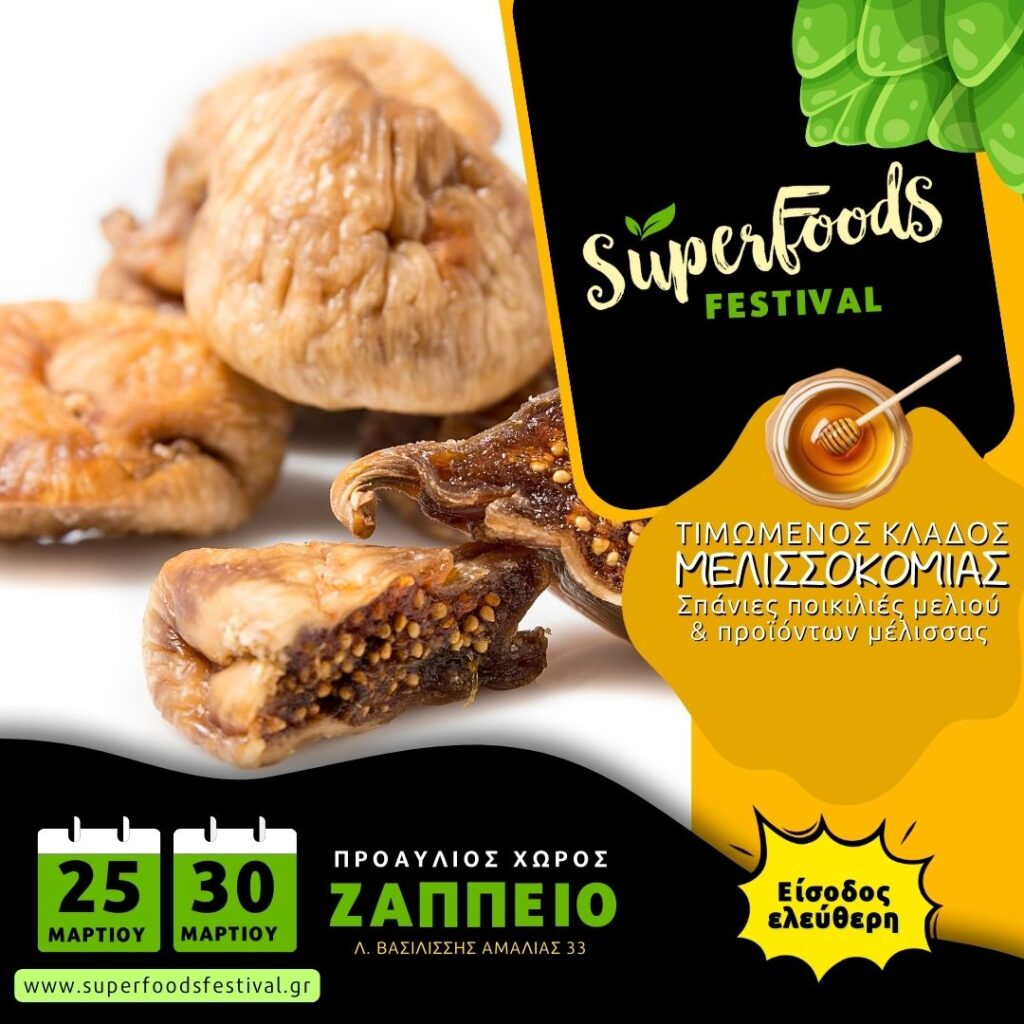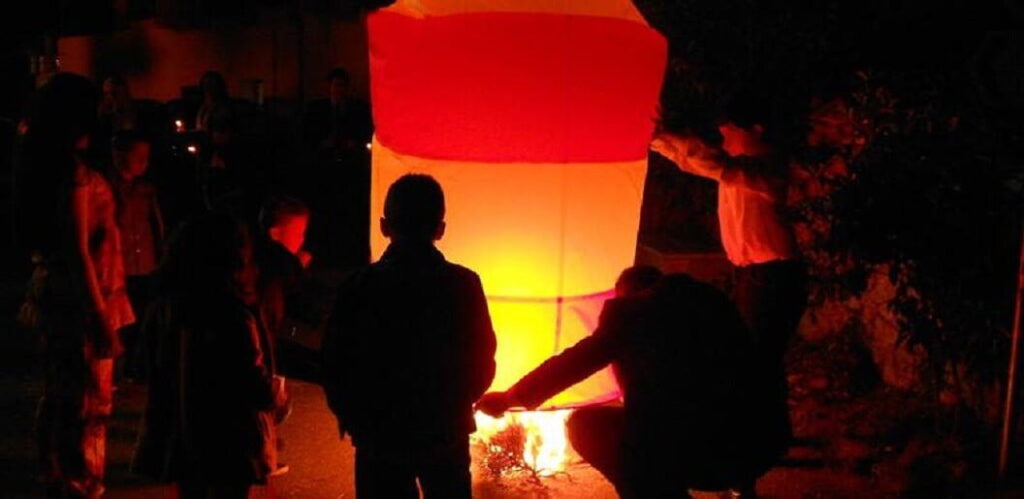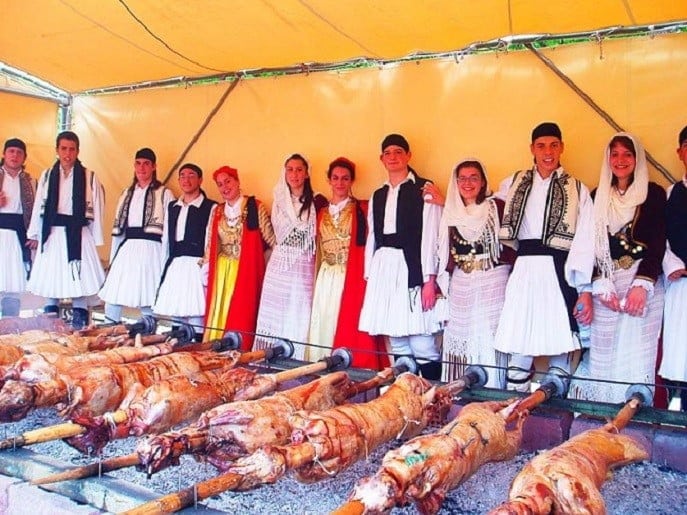November 20
Main Customs and Ritual Elements
Women of Eleusis lead this long-standing tradition. On the afternoon or evening of 20 November, they ascend the hill carrying baskets filled with bread and agricultural produce. Traditionally, they bring ears of wheat, artos (ritual bread), and mixed cereals and legumes—the so-called polysporia (“many seeds”)—to be blessed.
A vespers (evensong) service is held in the chapel, during which the breads and seeds are blessed and then distributed among the participants. These blessed foods are believed to ensure good harvests and household prosperity.
The name Mesosporitissa literally means “mid-sowing season.” The custom reflects the rhythm of the agricultural calendar and preserves an ancient sense of sacred fertility. Locals have long associated the Virgin Mary with the protective, crop-related role once held by the ancient goddess Demeter. Thus, the ritual expresses a remarkable continuity and syncretism between Eleusis’s pagan and Christian past.
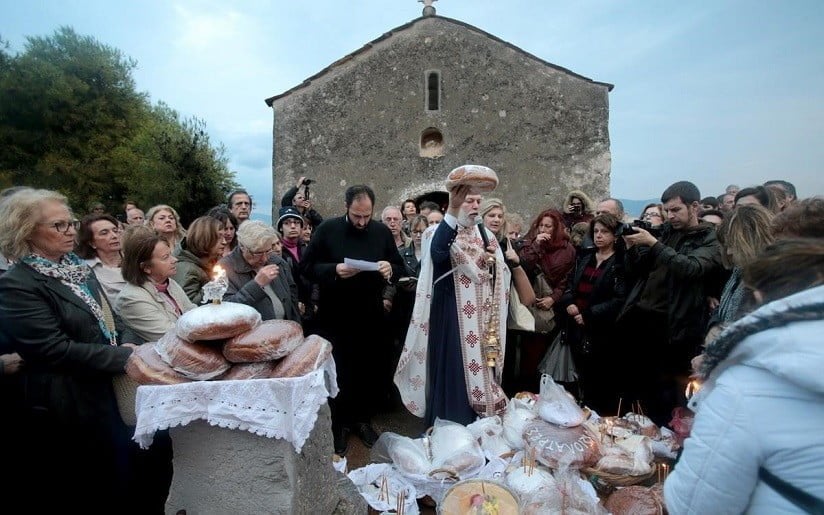
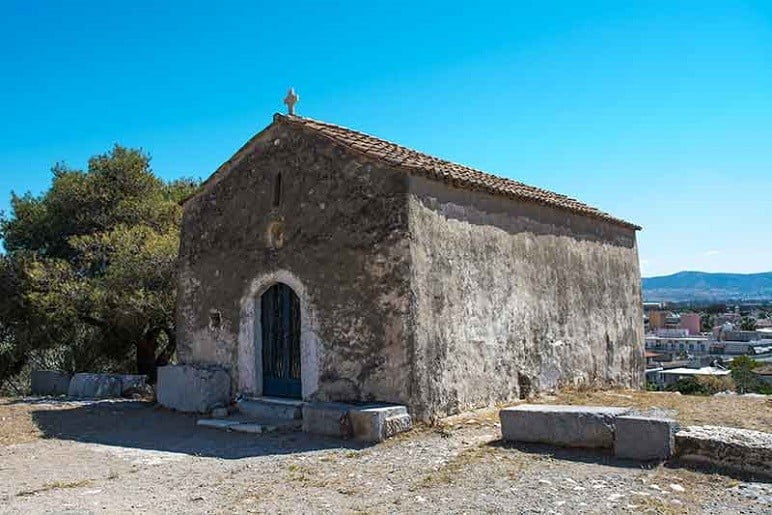
The celebration is held on the eve of the Presentation (Entrance) of the Virgin Mary — 20 November — with the main feast day on the 21st. It takes place at the small post-Byzantine chapel of Panagia Mesosporitissa, located on the hill inside the Archaeological Site of Eleusis.
The Ritual of the Polysporia
On this day, the Polysporia (meaning “many seeds”) are prepared—a ritual that traces its roots to antiquity. Women in their homes boil legumes such as chickpeas, beans, and lentils together with wheat, reviving an ancient agrarian tradition of cooking what they produce. The mixture is enriched with petimezi (grape molasses), pomegranate, and raisins, then distributed in small cups among the faithful after the Vespers service, around 5 p.m.
A characteristic image of the day shows the priest holding a bread, surrounded by people, with the chapel of the Holy Virgin of Mesosporitissa visible in the background.
Historical and Symbolic Context
The chapel, built above the ancient Telesterion, stands as a Christian successor to the sacred site once dedicated to Demeter. The custom revives an ancient agrarian ritual that originated in the Mycenaean era in honour of the goddess of fertility and the harvest.
In Christian times, this role was transferred to the Virgin Mary, who became known as Mesosporitissa (from sporos, meaning “seed”) because the celebration coincided with the sowing season. Through this continuity, the people of Eleusis preserved both their faith and their connection to the land.
Practical Notes / Visitor Information
The chapel is generally closed to the public except during this annual celebration (20–21 November), making the feast one of the few opportunities to visit its interior and experience this living tradition.
The atmosphere is communal and intimate. The event includes the women’s procession, the blessing and sharing of breads and seeds, and—more recently—cultural events and short presentations organised by the Municipality of Eleusis and local associations, which highlight the ceremony’s historical and symbolic importance.
Cultural Significance
The Custom of the Holy Virgin of Mesosporitissa is officially recognised as part of Greece’s Intangible Cultural Heritage. It is celebrated as a vivid example of how modern Eleusis continues to honour its ancient roots, preserving a ritual that unites Demeter and the Virgin Mary, harvest and faith, antiquity and Christianity.
In this annual act of devotion, the people of Eleusis reaffirm their enduring relationship with the earth and their collective memory—a living bridge between the ancient Mysteries and modern faith.

